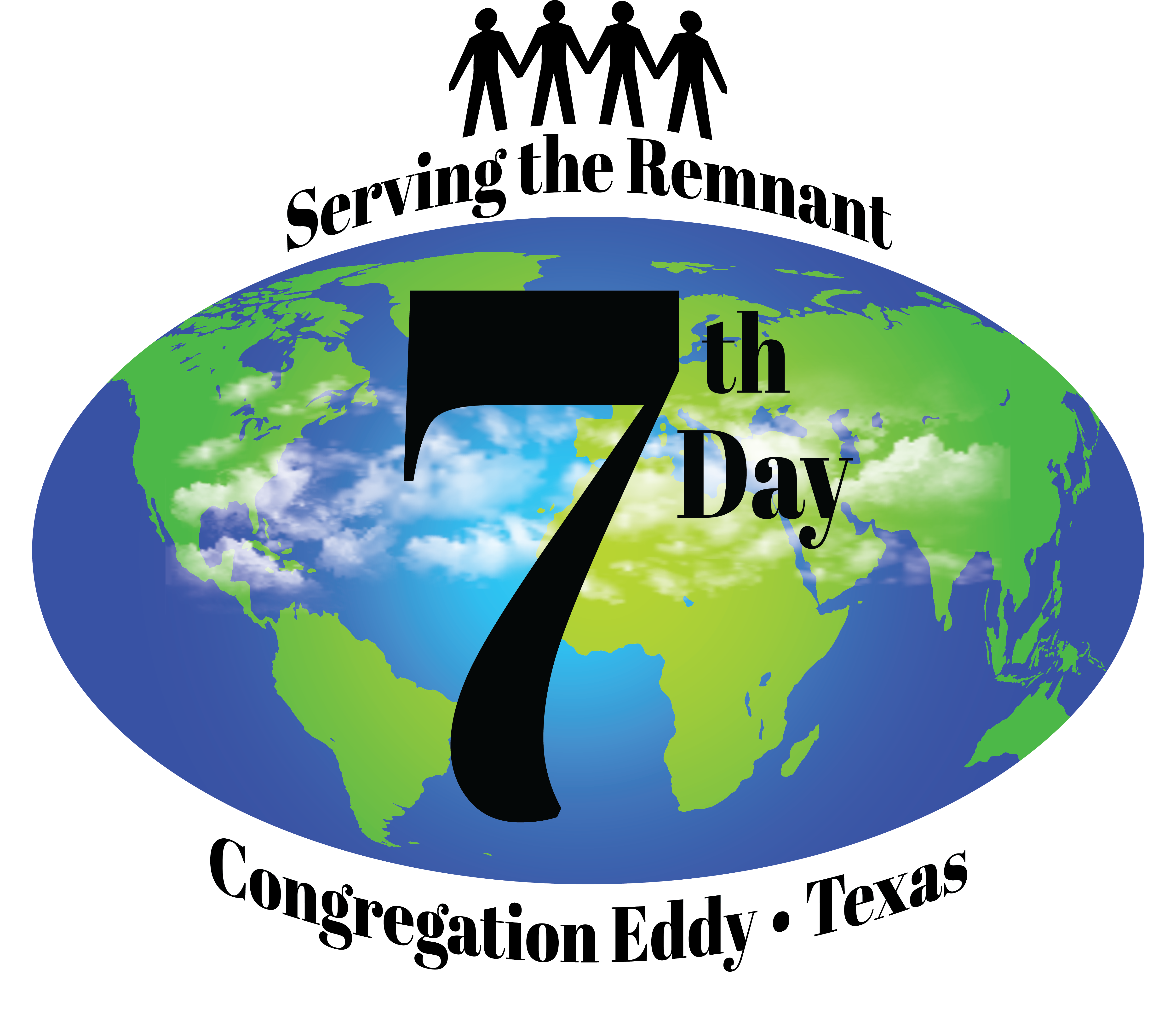The Feast of Unleavened Bread is celebrated on the 15th day of the first lunar month on the evening as Passover ends “17 Celebrate the Festival of Unleavened Bread, because it was on this very day that I brought your divisions out of Egypt. Celebrate this day as a lasting ordinance for the generations to come.” (Exodus 12:17) Egypt is symbolic for sin, and we are to come out of sin. It also reminds God’s people not to be “puffed up” or, in other words, self-righteous. “7 Therefore purge out the old leaven, that you may be a new lump, since you truly are unleavened. For indeed Christ, our Passover, was sacrificed [b]for us.” (1 Corinthians 5:7) Most importantly, it reminds us of our Messiah who was humble and plain even though He is the very son of the Living Father in Heaven.
Concerning what it means to Christians, it is a celebration of choosing our Messiah over the sins of the world. Each year, we remove the leavening, which represents sins, from our homes. We also eat unleavened bread each day. “For seven days you must eat unleavened bread. On the first day you are to remove the yeast from your houses. Whoever eats anything leavened from the first day through the seventh must be cut off from Israel.” (Exodus 12:19) A church assembly is done on the first and last day and no servile work shall be done. “16 On the first day there shall be a holy convocation, and on the seventh day there shall be a holy convocation for you. No manner of work shall be done on them; but that which everyone must eat—that only may be prepared by you.” (Exodus 12:16)
As we physically remove the yeast, baking soda, and baking powder from our homes, we also symbolically and spiritually remove the sins from our lives. It is a joyous occasion in which we grow as Christians to be more like our Messiah as we choose Him over the sins of the world. As Paul wrote, “8 Therefore, let us keep the feast, not with old leaven, nor with the leaven of malice and wickedness, but with the unleavened bread of sincerity and truth.” (1 Corinthians 5:8)

Recent Comments